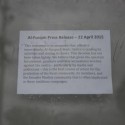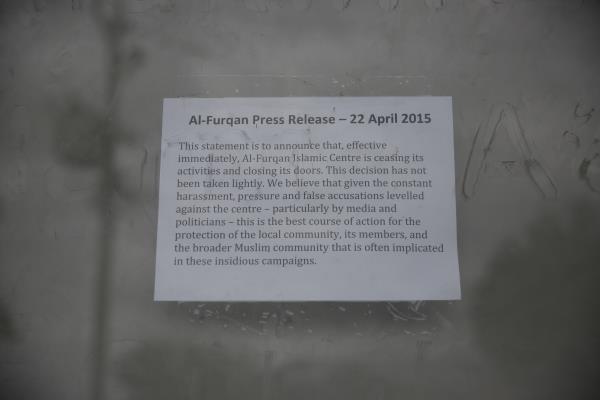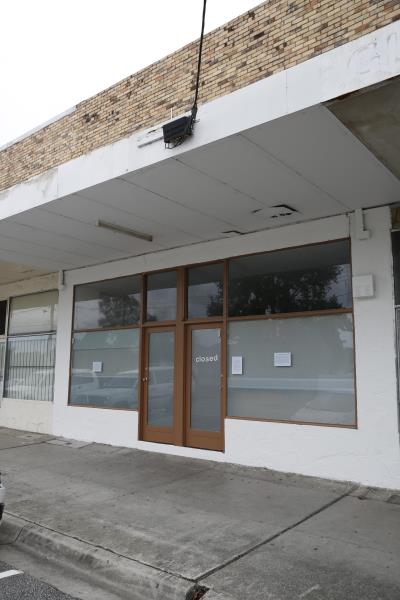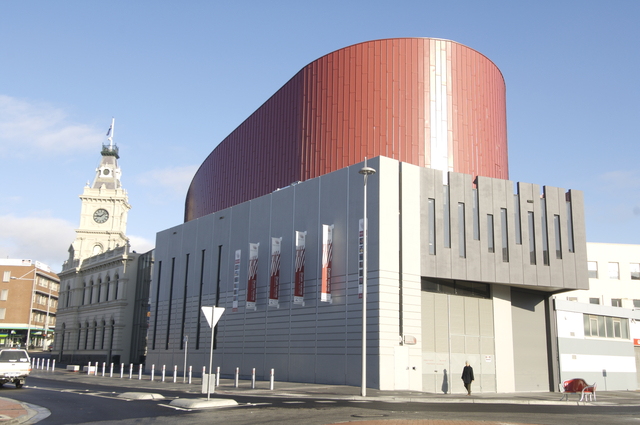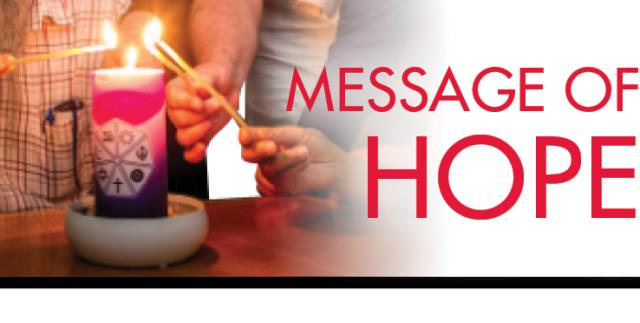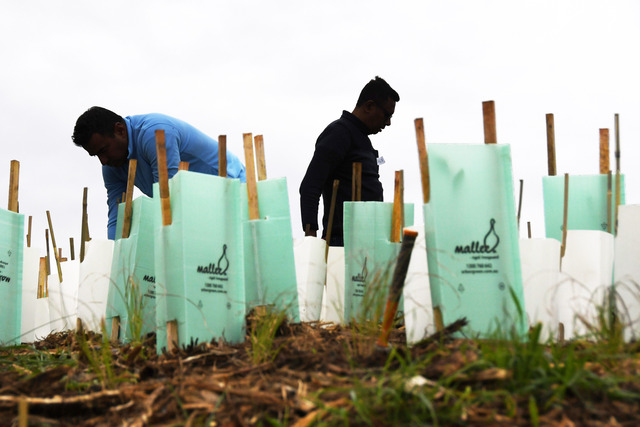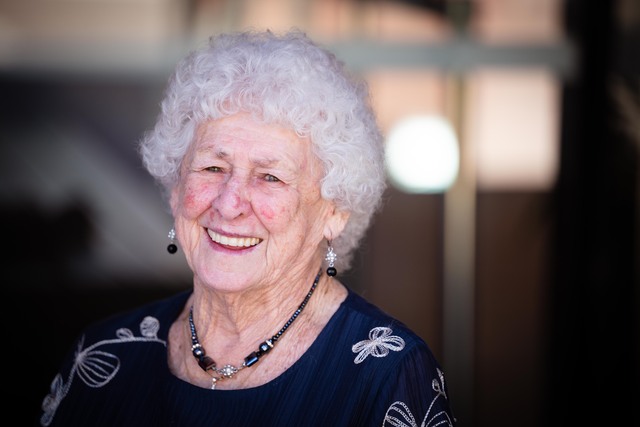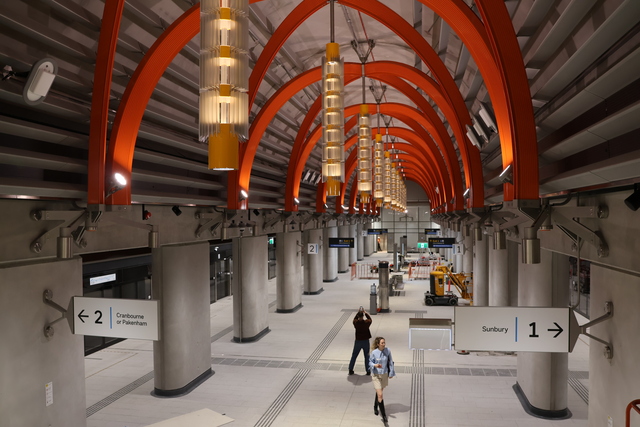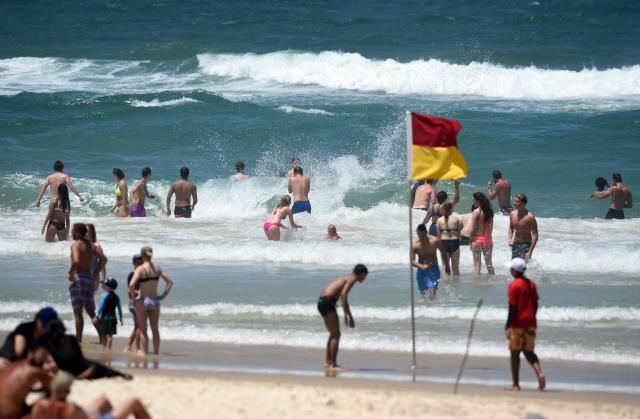By CAM LUCADOU-WELLS
THE closure of Al-Furqan Islamic Centre in Springvale South will reduce the risk of young men and teenagers being radicalised but “we can’t rest on our laurels“, says a terrorism expert.
The centre announced its closure on Wednesday in the run up to Dandenong’s Anzac Day services at which police said they would be armed following heightened terrorism fears.
The concerns come after police arrested five men in the region on 18 April following a tip off from British police about a plan to attack Anzac Day services.
Professor Greg Barton of Monash University’s Global Terrorism Research Centre said there were not many alternative “extremist, fundamentalist” hubs outside of Al Furqan to lure “relatively normal” young men as potential Islamic State recruits.
“Its closure is a good thing. It was contributing to the problem. It didn’t drive the radicalisation by itself but fed into that in a way that was destructive.
“Whatever the intention of those leading it was, the sub-culture at Al-Furqan was an exception to the rule.
“It was a concern to the wider Muslim community.
“It’s not only an embarrassment to the community but a real threat.”
Shelves were emptied and signs at the Al-Furqan centre were stripped away after it announced its immediate closure due to “harassment, pressure and false accusations” on Wednesday night.
In a statement on its website, the centre announced it was “the best course of action for the protection of the local community, its members, and the broader Muslim community”.
Reports had linked the three teenage men charged over the raids – as well as Numan Haider who stabbed police and was shot outside Endeavour Hills Police Station last year – with Al-Furqan.
The centre described the claims as “unfounded and misleading”.
Prof Barton described the radicalisation of young men and teenagers as a fast-moving crisis.
“We can’t rest on our laurels.
“Islamic State was getting actively involved, investing in these young people with friendships, giving them self-esteem, a sense of belonging.
“These young people have legitimate questions about why things are the way they are in the world.
“They are given black-and-white answers.”
Prof Barton said despite multiculturalism’s “positive story” in the south-east, “we are not doing very well” at positively engaging at-risk youth.
He said the police’s “good” relationships with the community was also under strain after the shooting death of Abdul Numan Haider at Endeavour Hills Police Station last September and the recent arrests under Operation Rising.
Prof Barton said young people bound for Syria who were denied passports or stopped at the airport needed to be “followed up in a systematic and consistent way”.
Last week IS recruiter Neil Prakash called on young people via an online video to follow Mr Haider’s precedent, who was denied a passport before his doomed attack on police.
“They think they’ll be remembered as a hero,” Prof Barton said.
“Unfortunately it’s also a tragic waste of life.”
It is thought the alleged terrorism plot was to run over police officers at several Anzac Day services and attack them with an edged weapon. The officers’ firearms were then to be used in a shooting rampage.

